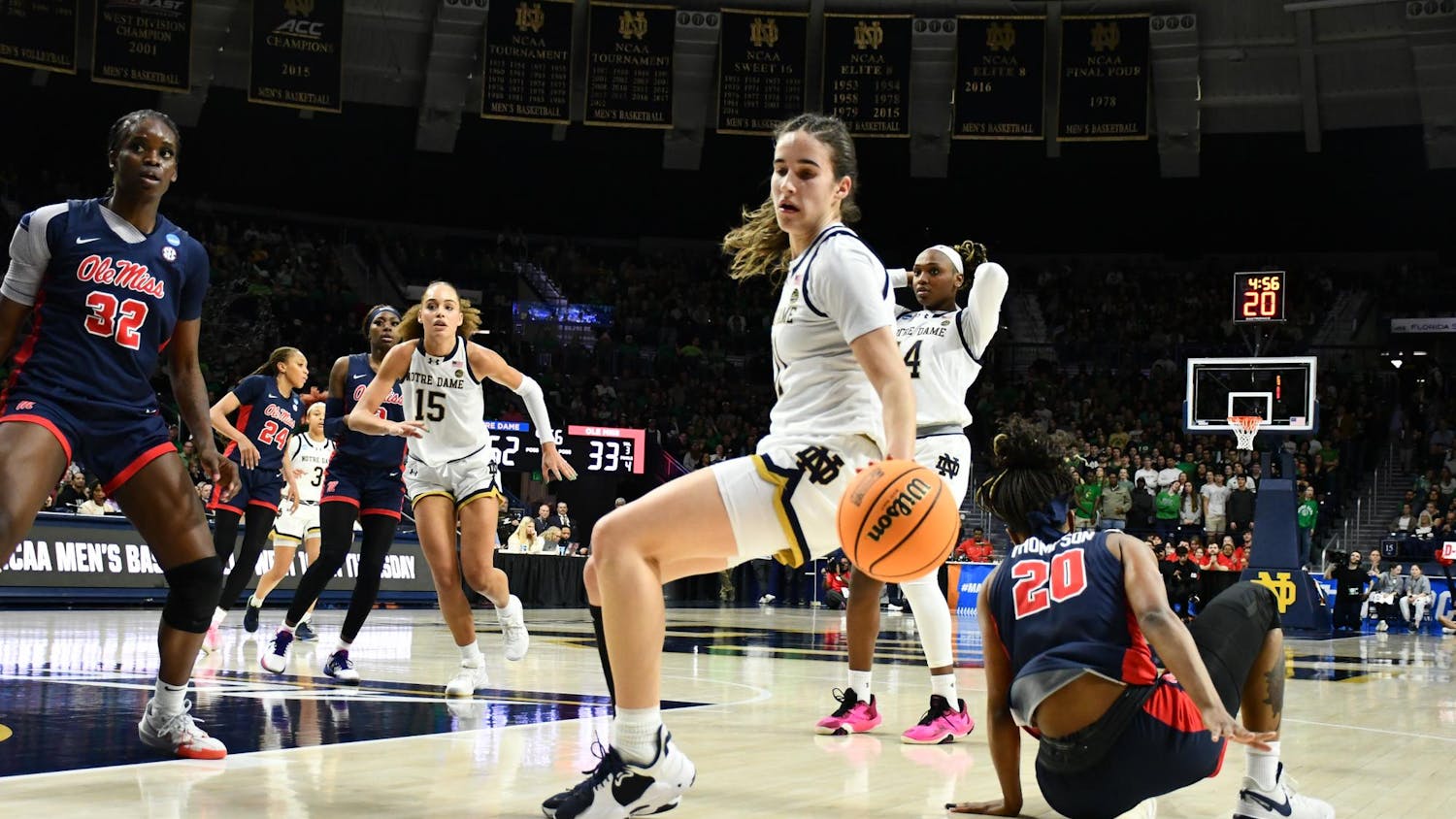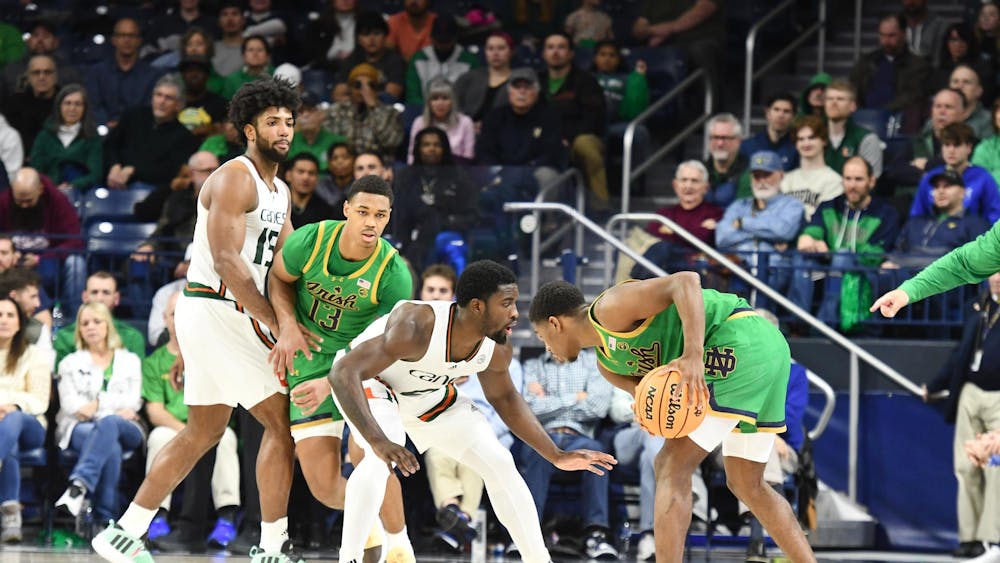“It’d be easy,” they said.
“It’d take two minutes, tops,” they said.
“It wouldn’t take away from the flow of the game,” they said.
“Look, it worked so well in spring training,” they said.
But, alas, what “they” ¾ the MLB marketing machine ¾ said about Major League Baseball’s newly-implemented instant replay system met its first resistance this week, as multiple flaws were exposed in the instant replay system.
Let’s start with the first fiasco, which occurred in Wednesday’s game between the Oakland A’s and visiting Cleveland Indians. With A’s catcher Derek Norris on third base, third baseman Josh Donaldson hit a chopper down the third-base line. Cleveland third baseman Carlos Santana fielded the ball and threw home to catcher Yan Gomes, who tagged Norris for the out, much to the irritation of A’s manager Bob Melvin, who challenged the call.
What followed was a snooze-fest. The one, single instant replay crew in MLB’s New York offices was already dealing with another instant replay call, and this one took a backseat. A five-minute backseat. Put it this way: If Mets pitcher Bartolo Colon were still on the A’s, he would have had plenty of time to go fetch a hot dog, eat it and get back on the mound with time enough to lick his fingers.
I don’t want instant replay delays that give Bartolo Colon time to eat more. You shouldn’t either.
In all seriousness, though, did no one see this coming? With upwards of 15 games happening nightly, no one thought: “Hey, there might be multiple reviews at the same time; wouldn’t multiple replay officials be a decent idea?”
Clearly not.
On top of that, after the replay, Indians starting pitcher Corey Kluber gave up an RBI single to A’s shortstop Jed Lowrie, giving the A’s a 3-0 lead.
Kluber claims the prolonged break didn’t affect his pitching that night, saying he had been “searching” for his stuff all game. Still, you can’t help but question if replay, the goal of which is to even the playing field, might end up skewing it if the replay times lengthen.
A second flaw, one that doesn’t have as simple a solution as sticking another replay official in the booth, was exposed in Friday’s NL East tilt between the Washington Nationals and Atlanta Braves. In the bottom of the fifth with Atlanta up 1-0, Nationals shortstop Ian Desmond hit a line drive that settled ¾ for lack of a better word ¾ under the padding that covers the left-field wall.
Braves left fielder Justin Upton ran after the ball but immediately threw his arms up when he saw the ball under the padding. The umpires signaled nothing; Braves shortstop Andrelton Simmons ran out to left field yelling and screaming at Upton to throw the ball in as Desmond circled the bases for the game-tying inside-the-park homerun.
Braves manager Fredi Gonzalez, who couldn’t even see the play from the third-base dugout, challenged the play, arguing the ball was “lodged” under the padding, which would incur a dead-ball situation and, hence, a ground rule double for Desmond. After replay, the umpires agreed with Gonzalez, and Desmond walked from the dugout back to second.
The problem was, of course, that even with replay, the umpires got the call wrong. Upton picked up the ball from under the padding about as easily as a tee-baller picks up dandelions in right field, which is to say, with zero effort. The rules state the ball must “stick” for a ground rule double to occur. The padding was five inches above the ground. A baseball has a three-inch diameter. Do the math.
To make matters worse, MLB confirmed that the umpires made the correct call in reversing the original call, which I suppose means “lodged” now carries a whole new definition. Or, of course, Major League Baseball could simply be covering its own behinds a week into their new system.
No one expected the new replay system to be absolutely perfect, and replay systems in the NFL and college football still have flaws, even occasionally getting calls wrong themselves.
But the fact of the matter is football can get away with those flaws, for whatever reason. Baseball can’t. In a slow game, added time is precious, and the opportunity cost, to speak economically, of stopping a game for minutes more at a time must be worth it. If it is not, critics of America’s pastime will continue to get louder.
Read More
Trending









